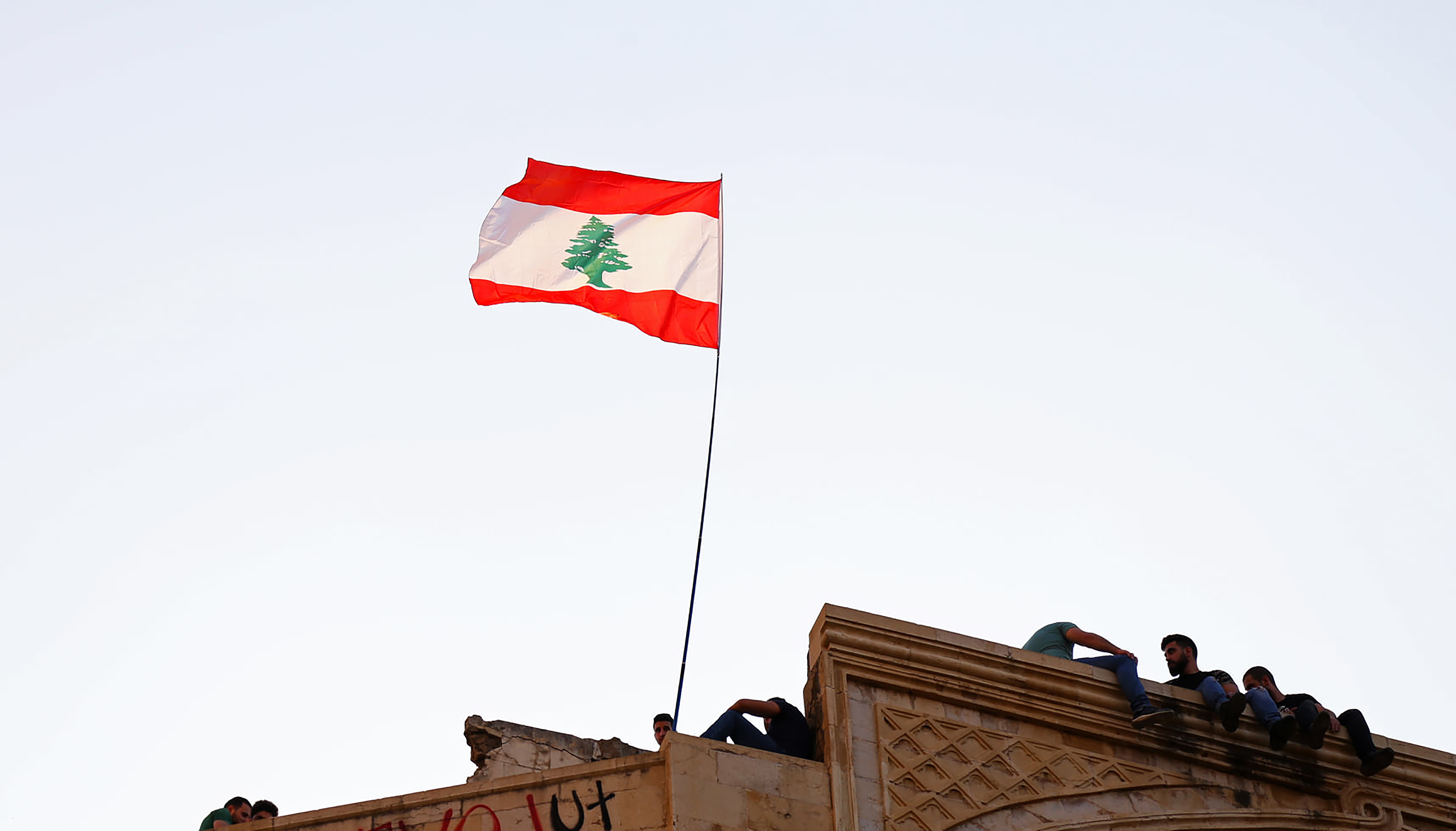
403
Sorry!!
Error! We're sorry, but the page you were looking for doesn't exist.
50 Years After Israeli Assassination in Beirut, Lebanon Remains Battleground
(MENAFN) The night of April 10, 1973, marked a turning point in the history of Lebanon. That was the night when an Israeli commando team led by a man disguised as a woman infiltrated a posh Beirut neighborhood and shot and killed three top officials from the Palestine Liberation Organization (PLO) in their apartments. The anniversary of the operation has largely gone unnoticed, but its relevance continues to this day.
The attack was one of the first times that Lebanon became the arena where Israel and its opponents would settle their accounts. Fifty years later, it remains so, as highlighted by last week's exchange of rocket fire and airstrikes across the border between Israel and Palestinian militant groups in Lebanon.
The boldness of the assassinations — by an Israeli team slipping in and out of Beirut with little resistance — stunned the Lebanese. At the time, two years before civil war erupted, their country was mainly known as a tourist attraction where visitors came to party, visit archaeological sites, ski on snow-capped mountains or sunbathe on sandy beaches. It signaled a new era that has lasted to this day, one in which regional powers have repeatedly intervened in Lebanon.
The raid was led by Ehud Barak, who later became Israel’s top army commander and then, in 1999, prime minister. Its targets were Kamal Adwan, in charge of PLO operations in the Israeli-occupied West Bank; Mohammed Youssef Najjar, a member of the PLO’s executive committee; and Kamal Nasser, a PLO spokesman and a charismatic writer and poet.
While the raid was a military success for Israel, it also marked the beginning of a new chapter in the country's conflict with the Palestinians. The operation led to increased support for the PLO and other Palestinian factions, and sparked outrage across the Arab world.
The attack also had a lasting impact on Lebanon. Two years later, civil war broke out, and the country became a battleground for various militias and foreign powers. Over the next 15 years, more than 100,000 people were killed, and Lebanon's infrastructure and economy were devastated.
Today, Lebanon remains a fragile state, struggling to overcome political, economic, and social challenges. Its government is deeply divided, and the country is grappling with an economic crisis that has pushed half of its population into poverty.
Meanwhile, the conflict between Israel and the Palestinians continues to simmer, with occasional flare-ups across the region. The recent exchange of fire between Israel and Palestinian militants in Lebanon is a reminder of the enduring legacy of the 1973 assassination and the ongoing struggle for power and influence in the Middle East.
The attack was one of the first times that Lebanon became the arena where Israel and its opponents would settle their accounts. Fifty years later, it remains so, as highlighted by last week's exchange of rocket fire and airstrikes across the border between Israel and Palestinian militant groups in Lebanon.
The boldness of the assassinations — by an Israeli team slipping in and out of Beirut with little resistance — stunned the Lebanese. At the time, two years before civil war erupted, their country was mainly known as a tourist attraction where visitors came to party, visit archaeological sites, ski on snow-capped mountains or sunbathe on sandy beaches. It signaled a new era that has lasted to this day, one in which regional powers have repeatedly intervened in Lebanon.
The raid was led by Ehud Barak, who later became Israel’s top army commander and then, in 1999, prime minister. Its targets were Kamal Adwan, in charge of PLO operations in the Israeli-occupied West Bank; Mohammed Youssef Najjar, a member of the PLO’s executive committee; and Kamal Nasser, a PLO spokesman and a charismatic writer and poet.
While the raid was a military success for Israel, it also marked the beginning of a new chapter in the country's conflict with the Palestinians. The operation led to increased support for the PLO and other Palestinian factions, and sparked outrage across the Arab world.
The attack also had a lasting impact on Lebanon. Two years later, civil war broke out, and the country became a battleground for various militias and foreign powers. Over the next 15 years, more than 100,000 people were killed, and Lebanon's infrastructure and economy were devastated.
Today, Lebanon remains a fragile state, struggling to overcome political, economic, and social challenges. Its government is deeply divided, and the country is grappling with an economic crisis that has pushed half of its population into poverty.
Meanwhile, the conflict between Israel and the Palestinians continues to simmer, with occasional flare-ups across the region. The recent exchange of fire between Israel and Palestinian militants in Lebanon is a reminder of the enduring legacy of the 1973 assassination and the ongoing struggle for power and influence in the Middle East.

Legal Disclaimer:
MENAFN provides the
information “as is” without warranty of any kind. We do not accept
any responsibility or liability for the accuracy, content, images,
videos, licenses, completeness, legality, or reliability of the information
contained in this article. If you have any complaints or copyright
issues related to this article, kindly contact the provider above.

















Comments
No comment